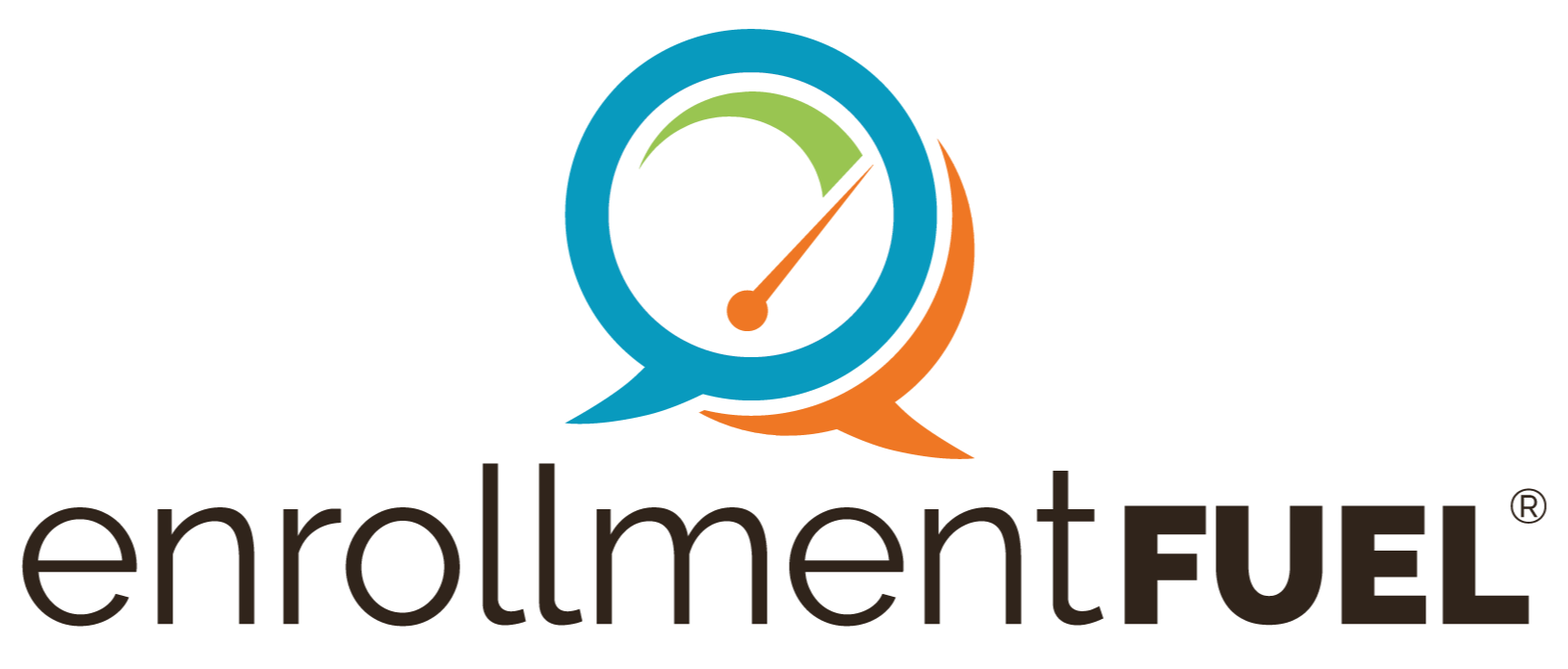6 min read
Give Your Counseling Staff a Boost: Hiring Current Students to Offset Staffing Shortages
We’ve talked about it for months, but the need for these conversations hasn’t subsided: the Great Resignation is still going. According to sources within the Higher Education industry, professional staff turnover will continue to affect campuses, and by extension enrollment management teams, for yet another year.
It’s not just the staff resignations that are the problem, though: it’s also hiring qualified new staff. According to a survey conducted by The Chronicle of Higher Education and Huron Consulting Group in July 2022, college officials described their applicant pools for open positions as “shallow and weak,” with 78 percent reporting they have received fewer applications for open positions in the past year, and 82 percent pointing out there were “fewer applications from qualified candidates.” The prospects ahead are gloomy, but we might have a solution that you and your team can implement right away.
It’s time to turn to alternative applicant pools. Thankfully, any campus has one of those readily available: the current students.
We know this sounds a bit like putting a bandage on a leaking dam, but hear us out. With academia frequently in the news as faculty and staff seek greener pastures elsewhere, potential young professionals who might be considering entering the industry are left wondering if it is worth the effort.
In the past, becoming a higher education professional was a work of passion and purpose. Now, in a barely post-pandemic world changed for the long run, we need to go back to the basics. We could bring the conversations of passion and purpose back into hiring practices in a meaningful way by starting recruiting at home.
Empower current students to become future counselors
Getting the chance to represent your alma mater is an honor, and one that students take to heart. Case in point: pretty much any enrollment management professional out there. The vast majority of us started our careers as admissions tour guides, ambassadors, or callers, and we never stopped. Higher education has a way of training its own workforce and it’s time to remember that.
If you do not currently have a student ambassador program, read on. We are talking about more than simply hiring current students to give tours or take visiting families to lunch. A true ambassador or internship program can help alleviate pressure for your counseling and records staff right now while simultaneously investing in your staffing future. Empower your current students by training and treating them like professional employees, and upon graduation they will be far more likely to consider a career in Higher Ed because they will already have one.
Getting an ambassador program started
Whether you have a program you would like to build on, or are starting from scratch, here are some useful tips:
- First, you will need to identify the right students: at least sophomores, and specifically those with well-rounded experience both inside and outside the classroom (in clubs, organizations, athletic teams, as RAs, etc.)
- You don’t need to figure it out on your own: solicit recommendations from faculty and staff in other departments. Anyone on campus can name at least one of those students, the ones everyone seems to know because they are involved in everything.
- Take the interview to the next step: use an active interview process. Instead of back and forth questions, have the students perform some of the responsibilities they could be hired in to take on. Have them meet with a family while you are meeting with them, or have them walk around with a tour guide and ask for feedback on the tour. See how they think. Treat them as professionals from the start of the process and you will indicate to them that this is a professional position with a future.
- Get creative with payment: while earning additional money for college is why most students get jobs on campus, there are alternatives that would benefit the student while not straining your departmental budget. For instance, consider partnering with a department on campus to offer college credit for an internship. This inexpensive option can also create accountability and expectations, more firmly establishing the position as a career step.
- Focus on skill-building: while students will have various responsibilities around the office, focus the job descriptions on the skills they will learn and develop. In other words, empower the students to share their own experiences, while at the same time learning valuable skills they can put on their resume: teamwork, presentation skills, general office skills, time management, interviewing, and file management. These skill sets are transferable to any industry or career field.
- Think beyond the tours: a true internship program will have the ambassadors perform tasks that carry greater weight. Now that you have taught them the skills they need, use the student ambassadors to fill in for a counselor who is out or to help while you have an open position, instead of piling additional responsibilities onto the already-overworked other counselors. The student ambassador can just as easily jump in to help meet with and interview prospective students, put application files together, do data entry, conduct an information session, run the front desk, etc.
- Show them the fun side: you will get the most out of your student interns when they are doing something they enjoy. Don’t limit them to just being “mini-counselors.” Instead, learn more about their interests and how they can help make your office an authentic representation of your campus. Do they have interest in social media? How about event planning? Engage them in a way that will show them they have a place on your team after graduation.
- Inspire leadership: you probably have an aspiring leader on your admissions team already. Give that individual the chance to get involved with the student ambassadors program: make training and supervising the student interns one of their main responsibilities. They will relish the experience and use it as an opportunity to springboard into other leadership roles.
Start building the future now
In times of transition, starting something new while simply trying to stay float is tricky. A student ambassador program, however, could prove to be both a short-term and a long-term solution to many problems. When built with a robust curriculum, your student internship or ambassador program can prove to be a self-sustaining pipeline for new admissions counselors. While the turnover in our industry has often resembled a revolving door, in the aftermath of the COVID-19 pandemic it feels like someone has taken the door off its hinges altogether.
The professional staff shortage is deepening. As one participant in the Chronicle survey put it, “You can’t just put an advertisement out and hope that people will respond to it.” An internship program can provide an immediate increase to your team’s bandwidth, while at the same time help you start building for the future in a proactive instead of reactive way. In a year where everyone is looking for a win, this could be a win-win.
Related Articles
Higher Ed SEM Articles | Enrollment Staffing Survey | enrollmentFUEL
Enrollment management in higher education is a critical field that shapes the future of...
Powering Up: Enrollment Leaders battle the great resignation
One of my all-time favorite movies is The Replacements with Keanu Reeves and Gene Hackman. If you...
Continuous Higher Ed Professional Development Benefits
We all know the value of ongoing professional development for employees at every level of an...




